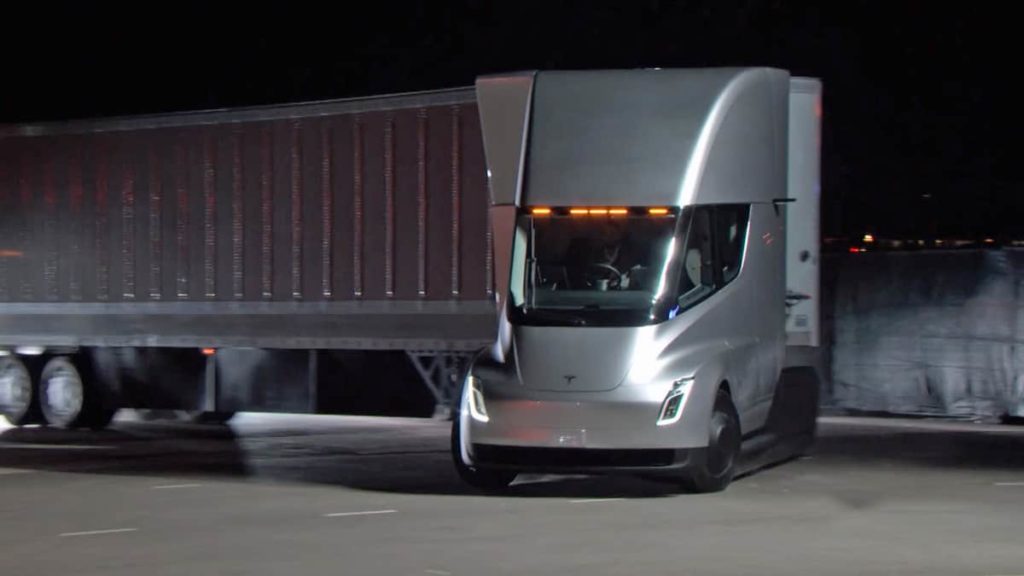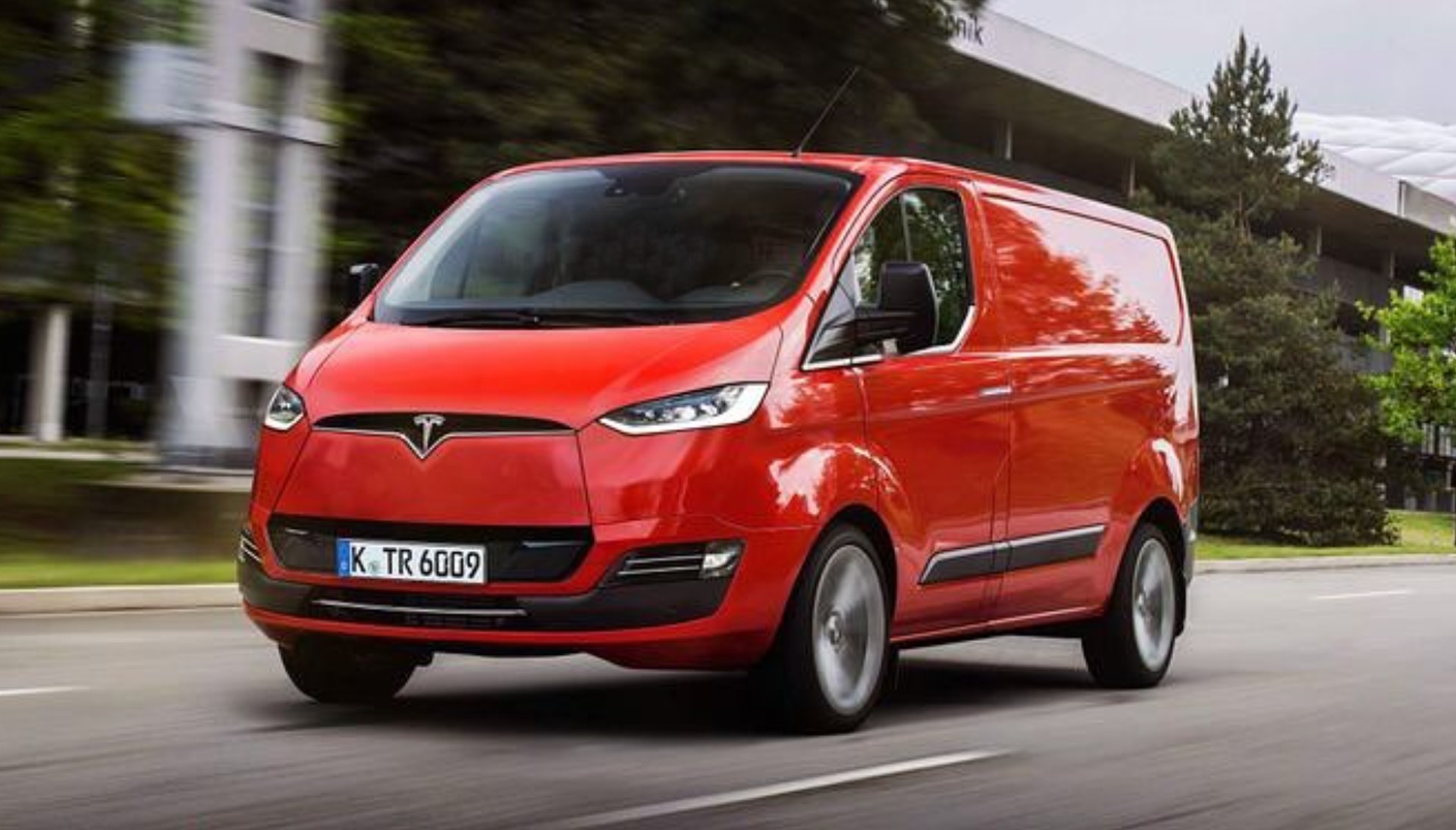Tesla CEO, Elon Musk has confirmed Tesla’s plans to make an electric van. But much like the Tesla Semi, it won’t come until the EV giant can secure enough battery cell supply.
Of course, this isn’t the first we’ve heard of Tesla developing an electric van or minibus. In 2016, Elon Musk unveiled the “Tesla Master Plan Part 2.” The second portion of Tesla’s mission talked about two new segments Tesla is looking to electrify: “In addition to consumer vehicles, there are two other types of electric vehicle needed: heavy-duty trucks and high passenger-density urban transport. Both are in the early stages of development at Tesla and should be ready for unveiling next year. We believe the Tesla Semi will deliver a substantial reduction in the cost of cargo transport, while increasing safety and making it really fun to operate.”
While we did end up seeing the heavy-duty electric Tesla Semi, we have yet to see a “high passenger-density urban transport.”

At one point Tesla was in talks about developing a van-like passenger vehicle for Musk’s Boring Company, to utilize in its newly approved Las Vegas Loop system. However, to date, the startup has only used existing Tesla vehicles for the system that will eventually transport people within the city at high speeds between stations.
Earlier this week, Musk was asked about Tesla’s plans, if any, on making an electric van during a conference call following the release of Tesla’s Q4 2020 earnings. The CEO said that volume production of a Tesla van will be extremely difficult until they have a secure battery cell supply: “I think Tesla is definitely going to make an electric van at some point. So the thing to bear in mind is that there is fundamentally a constraint on battery cell output. If one is not involved in manufacturing, it’s really hard to appreciate just how hard this scale of production is. It’s the hardest thing in the world. Prototypes are easy. Scaling production is very hard.”
The automaker said it is facing the same issue when it comes to large scale production of its Tesla Semi. Musk said they would essentially have to supply their own battery cells in order to achieve high volume production of both EVs which will only partially solve the issue. Musk reiterated the importance of Tesla securing all the battery cell supply they can from other manufacturers.
As far as producing their own supply, the automaker said that its is on track to reach 10 GWh of production capacity at their 4680 cell pilot plant in Fremont this year. They expect to deploy 100 GWh of production capacity in Berlin and Texas by 2023.

